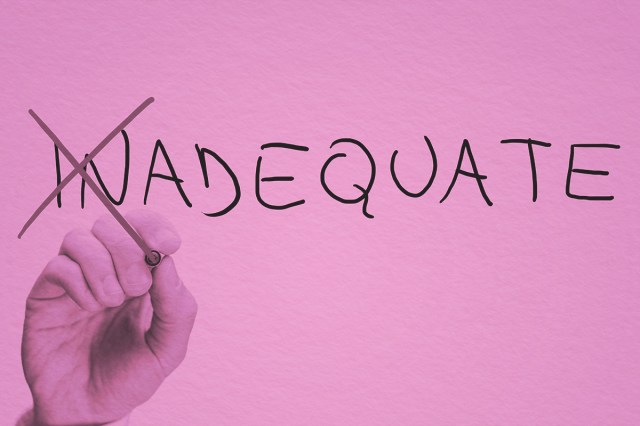
The English language is like a city built on ancient ruins. Layer upon layer, new words rise, but root languages, habits, and rules remain beneath the surface. This is how two prefixes ended up competing for the same job. Both “un-” and “in-” flip a word’s meaning by turning it into its opposite or expressing a lack of it. The determination of which one gets the job mostly depends on the word’s ancient roots.
“Un-” — the most prolific prefix in the English language — was passed down from Old English and ultimately derived from Proto-Germanic. Meaning “not” or “the opposite of,” it typically attaches to Germanic roots, which are common in everyday English. Notably, “un-” is not used with nouns. Consider the example of “unlucky” vs. “unluck” — the former is an acceptable adjective, but when “un-” is attached to a noun, it doesn’t work. There are sophisticated rules of morpheme structure at play here for linguists to understand, but it’s enough for a layperson to know that “undrawer” and “uncoffee” don’t sound right.
“In-,” on the other hand, came into English through Latin. It conveys the same negative meaning as “un-” but often sticks with Latinate words, such as “inadequate” or “inapplicable” — words that are more commonly found in academic and professional settings. There are a few Latin-root nouns that have an “in-” prefix (e.g., “injustice” and “inability”), but modern English is not creating new words with “in-” and a noun.
Occasionally, both prefixes can be used with the same root, but they create different meanings. For instance, “insecure” and “unsecure” have distinct definitions. “Insecure” describes a lack of confidence (“He was insecure about his new glasses”), while “unsecure” means “not secure” (“The WiFi network is unsecure”). It’s a rarer case where “un-“ appears with a Latin-rooted word, but it happens.
Unfortunately, there’s no secret formula for choosing the correct prefix. But with a bit of detective work in the dictionary, or just an educated guess (does this word sound more Germanic or Latinate?), you might be able to suss out a new-to-you word. Other times — as with so much in English — it simply boils down to memorization.

















